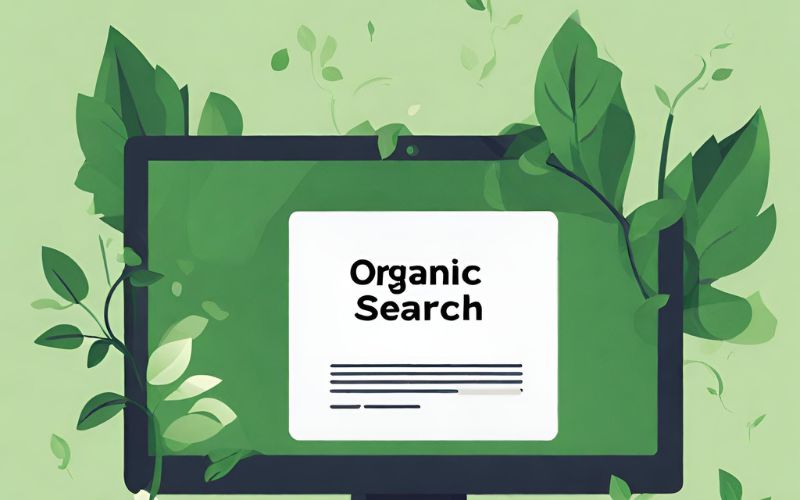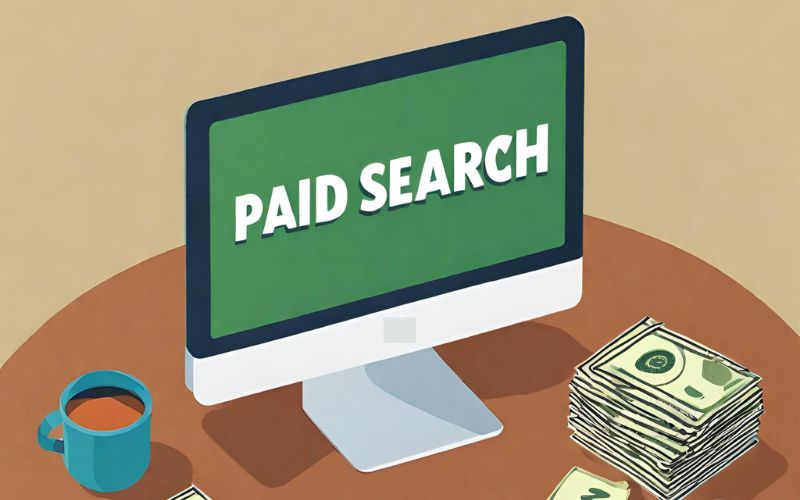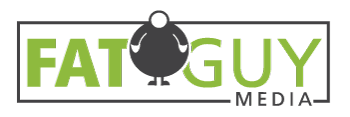Ever wondered how your favorite websites pop up at the top of your search results? Well, it’s not just luck or magic – it’s the result of the two leading components in the online marketing game: organic search vs. paid search, where algorithms meet advertising dollars. Whether you’re a small business owner looking for the best way to boost your online presence or just curious how the internet works its search engine powers, you’re in the right place.
In a Lake Full of Fishing Lines, How Do You Catch a Fish?
You may not be well versed in the many intricacies of fishing; however, those in the know say it comes down to the type of fishing pole or the bait you use. In either case, you are trying to attract and capture the fish’s attention, and how you do this is based on various reasons.
Cost, results, and convenience are among some of the deciding factors. This goes the same for businesses when deciding the best way to capture their customer’s attention. Organic search vs. paid search: both are great tools for the job. You just need to test the best method.
The Ultimate Benefit Breakdown: Organic Search vs. Paid Search
Close to 5 billion people worldwide use the internet to discover or purchase products and services they need. That’s why knowing how to grab people’s attention for your business is a game-changer. Now, let’s break down the distinctions between organic search vs. paid search:
Organic Search

Organic search refers to the natural, non-paid search results generated by search engine algorithms. These results are based on relevance to the search query and other factors like website quality, user experience, and content richness. Take a look at 3 key characteristics of organic search:
1. Sustainable Traffic
Organic search traffic is driven by providing valuable content and a well-optimized website. This means that once you achieve a good ranking, you can maintain a consistent flow of visitors without ongoing ad spend.
2. Credibility and Trust
Users often trust organic search results more than paid ads, viewing them as a more genuine reflection of the best results for their query.
3. Long-term Strategy
Achieving high organic rankings takes time and effort, as it involves optimizing your website, creating quality content such as blogs, and building backlinks. However, the benefits are long-lasting and can lead to sustained traffic over time.
Paid Search

Paid search, often called Pay-Per-Click (PPC), involves advertisers paying a fee each time their ad is clicked. These ads are typically displayed at the top and bottom of search engine results pages (SERPs), marked with a “Sponsored” label. Here are 4 key characteristics of paid search:
1. Immediate Visibility
One of the main advantages of paid search is that your ad can be displayed almost instantly after setting up a campaign. This can be invaluable for businesses looking to get quick exposure.
2. Targeted Reach
Businesses have control over who sees their ads based on factors like location, device, demographics, and even specific keywords. This precision targeting allows for the opportunity to reach a highly relevant audience.
3. Budget Flexibility
You can set a daily or monthly budget, allowing for control over spending. Once the budget is exhausted, the ads will stop showing until the budget is replenished.
Organic Search vs. Paid Search: In the End, Results are All That Matters
Both organic and paid search have their merits and can be powerful tools in your digital marketing campaigns. Paid search offers immediate visibility and precise targeting, while organic search provides sustainable, credible traffic over the long term at little to no cost. However, there is always the option of using both methods together.
You can always contact the professionals at Fat Guy Media to assist you with all your web design and online marketing needs.


